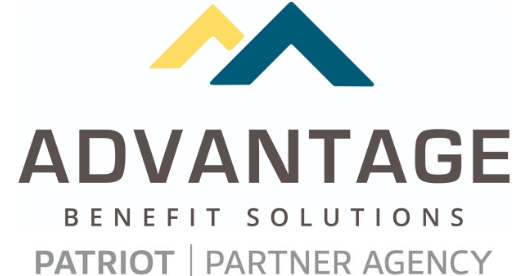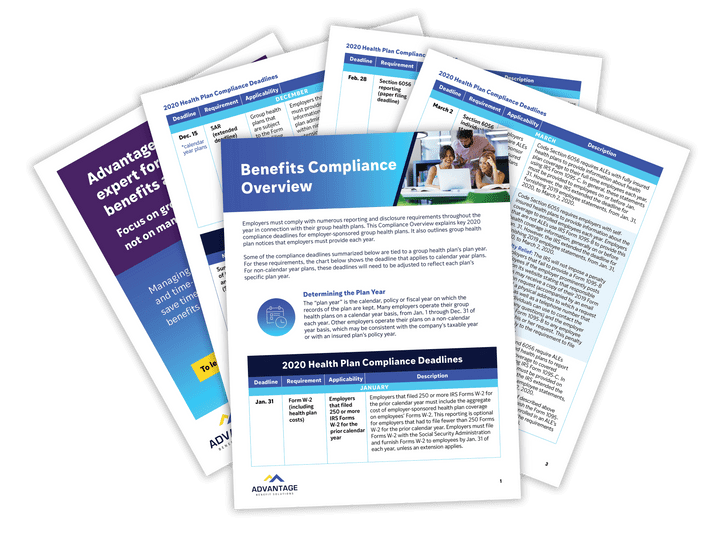How to Create a Culture of HR Compliance to Reduce Business Risk
A savvy business owner will consider the steps he or she can take to reduce business risk. One of the areas of business that carries a high level of potential risk is Human Resources. Due to the complexity of the federal, state, and local employment laws, there are many costly mistakes that a business owner can potentially make if the HR function is not being run properly.
One of the best ways to reduce HR business risk is to establish a workplace culture that values HR compliance.
In this post, we will cover:
- What does HR compliance mean
- What are the different areas of HR compliance
- Key steps for establishing a workplace culture that values HR compliance
- Why you should consider outsourcing your HR compliance
What is HR Compliance?
Generally speaking, HR compliance means adhering to applicable federal, state, and local regulations. There are many different categories that these regulations can fall into. Below are just a few examples:
- Depending on the number of employees you have, there are different levels of benefits requirements that you must follow. For example, if you have 15 or more employees, the Americans with Disabilities Act (ADA) applies to you.
- Day-to-day operations: Ensuring you understand and comply with regulations that affect the day-to-day environment of your workplace, like the Occupational Safety and Health Act.
- Hiring/Recruiting: There are specific questions you cannot ask in job interviews due to the personal nature of the information. Keep the focus of your questions on the specific qualifications for the position and how the professional experience of the candidate helps them meet those qualifications.
- Leaves of absence: There are a few federal “Leave of Absence” laws that you need to be aware of. The first, and perhaps most common, is the Family and Medical Leave Act (FMLA). The “Families First Coronavirus Response Act” (FFCRA) was passed in early 2020 and is another law you need to be aware of related to leaves of absence.
- Compensation/Classification: Title VII, the Age Discrimination in Employment Act, and the ADA prohibit compensation discrimination on the basis of race, color, religion, sex, national origin, age, or disability. Make sure you are paying your employees fairly.
In HR compliance, you will not get away with pleading ignorance if you are being faced with an audit or an expensive lawsuit. By operating a business in the United States, it is implied that you understand and agree to comply with all applicable laws and regulations related to the list of categories above.
What are the consequences of failing to achieve adequate HR compliance? You could face audits from enforcing agencies or lawsuits that carry dollar amounts capable of bankrupting your company. Having your name involved with either of these headache-causing processes can haunt you – both in your current job and potential future opportunities.
How To Establish a Workplace Culture that Values HR Compliance
Remember that workplace culture starts from the top down. You must be an example of HR compliance. Any time you are interacting with your employees, make sure you make it clear with your words and approach that you care about being compliant will all relevant HR regulations. Once you feel like you have engrained this attitude into yourself, make sure your upper-level managers and supervisors follow suit. You must foster a respectful, non-discriminatory, compliance-orientated culture at your business. You will see that your whole team will start to care about HR compliance once you, your managers, and supervisors consistently display a compliance-focused attitude.
Invest in a system to document your HR processes. Ideally this will be done through a reliable Human Resource Information System (HRIS). HRIS is a technology system used to streamline data and compliance workflows.
You should also maintain a comprehensive employee handbook that outlines all relevant company policies. Make sure your employees review this manual on day one of employment, and that they review it at least once a year moving forward.
Consider Outsourcing your HR Compliance
Although we hope this post shared useful information, in actuality, HR compliance is a highly complex subject that can’t be adequately described in a simple blog post. The world of HR compliance is constantly changing, and it takes hundreds of hours of research and extensive technical knowledge to be able to keep up.
Workplace culture can definitely help protect your company by reducing HR risk, so you should make it a priority. However, if you really want to take your HR compliance to the next level, you should consider outsourcing any HR process that carries risk (such as payroll, benefits administration, etc.).
Outsourcing HR processes to a third party provider is a great way to make sure you don’t drop that ball when it comes to potentially-costly HR compliance mistakes. There are companies out there that specialize in HR compliance and employ a robust staff of experts who can manage each and every HR process for you.
Outsourcing your HR compliance allows experts to do what they do best, and it allows you as business owner to do what you do best – growing your company and achieving your other business objectives.
At Advantage Benefit Solutions, we regularly hear from our clients about how much better they sleep at night once they make the decision to outsource their HR compliance to our trusted team of providers. We have a passion for and expertise in HR compliance, and we love taking on that responsibility for our clients.
Key Takeaways
HR compliance is a difficult subject to talk about. There are many complexities involved, and business owners often don’t know where to start in order to reduce their business risks associated with HR compliance mistakes.
Here are the most important things to keep in mind from this post that can help your business with HR compliance moving forward:
- There are many different categories of HR compliance. It can be cumbersome to adequately understand each and every law and regulation that you must follow.
- Establishing a workplace culture that values HR compliance is a great way to reduce the risks of facing a costly audit or lawsuit.
- Outsourcing your HR compliance to a trusted partner of Advantage Benefit Solutions is perhaps the best choice you can make to significantly reduce HR risk.






